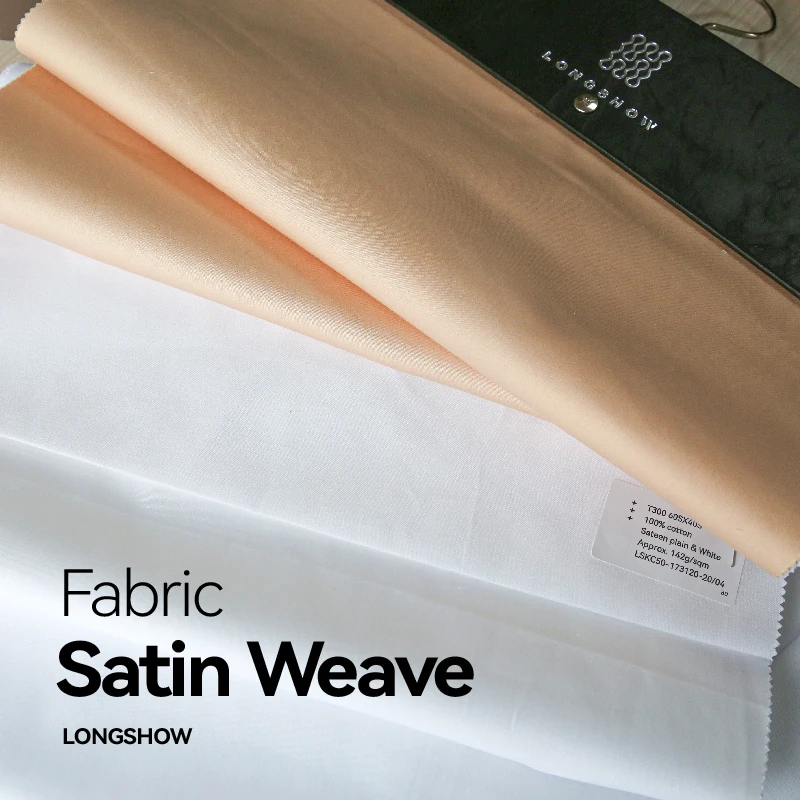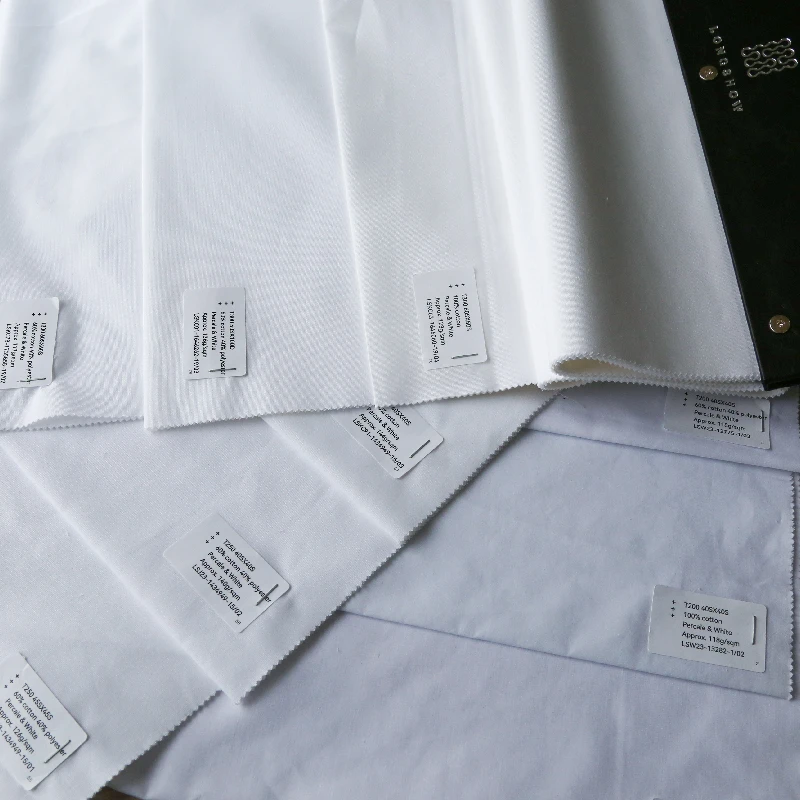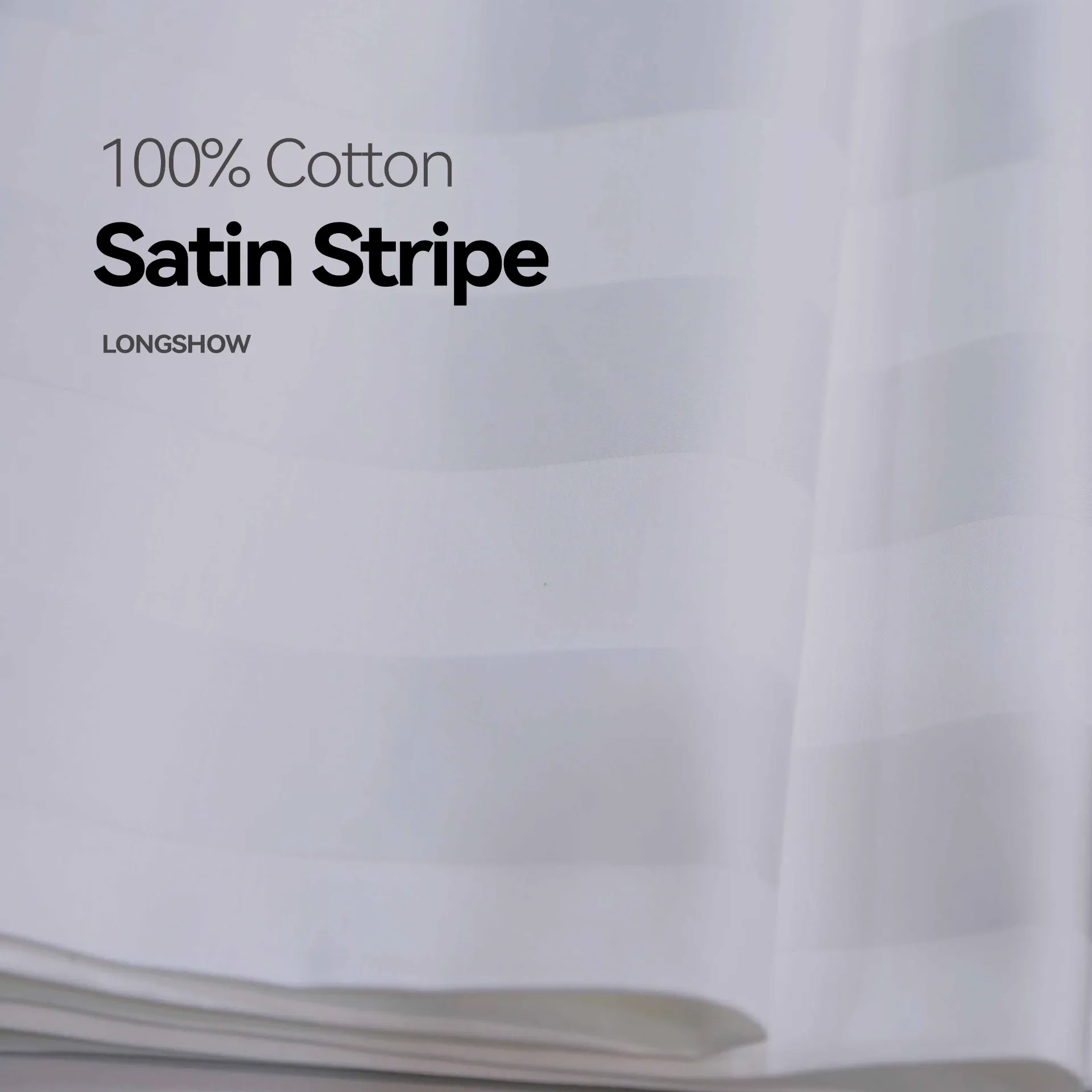Cotton & Polycotton Fabric
As a leading bedding fabric roll supplier, Longshow specializes in delivering high-quality hospitality bed linens tailored for hotels, motels, resorts, and institutional needs. Our fabric rolls feature 100% cotton and CVC options with thread counts ranging from T180 to T600, ensuring versatility for value-priced to luxury hotel bedding applications. Available in widths of 205cm to 305cm, our wholesale fabrics cater to bulk production demands while maintaining exceptional durability and comfort.
Choose from a diverse selection of styles, including plain, twill, satin, satin-stripe, jacquard, solid-dye, and printed designs—all customizable to meet your brand’s aesthetic. Ideal for hotel bedding, hospital linens, military bedding, and more, our fabrics empower manufacturers to craft products that elevate guest experiences.

-
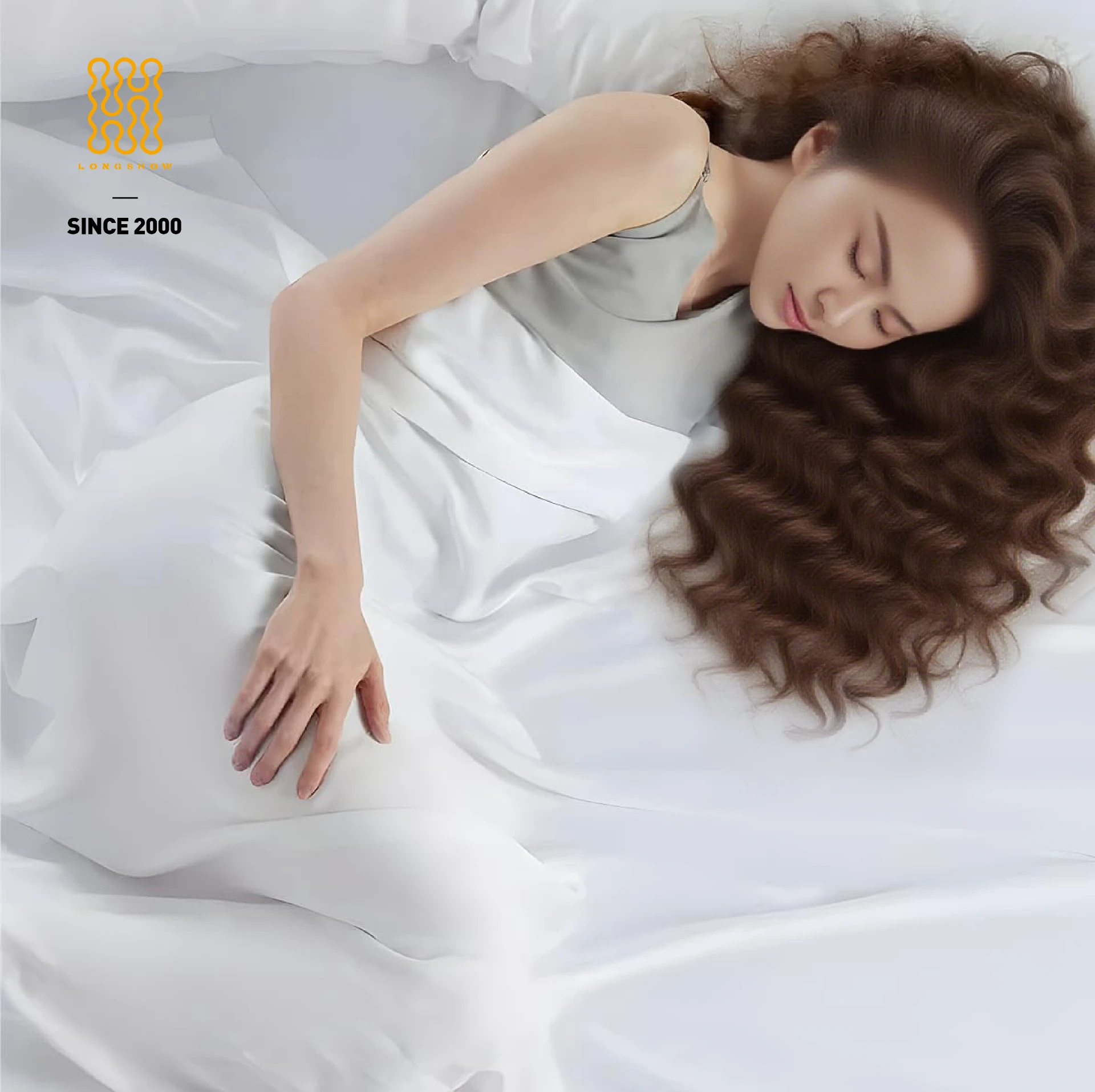 Organic Cotton Bed Sheet Fabric Certification ExplainedThe global shift towards sustainable and health-conscious living has significantly impacted the text
Organic Cotton Bed Sheet Fabric Certification ExplainedThe global shift towards sustainable and health-conscious living has significantly impacted the text 08 / 22 / 2025
08 / 22 / 2025 -
 Creating a Spa Day with Plush Waffle Bath RobesThe pursuit of relaxation has never been more essential in our fast-paced world, and the cornerstone
Creating a Spa Day with Plush Waffle Bath RobesThe pursuit of relaxation has never been more essential in our fast-paced world, and the cornerstone 08 / 14 / 2025
08 / 14 / 2025 -
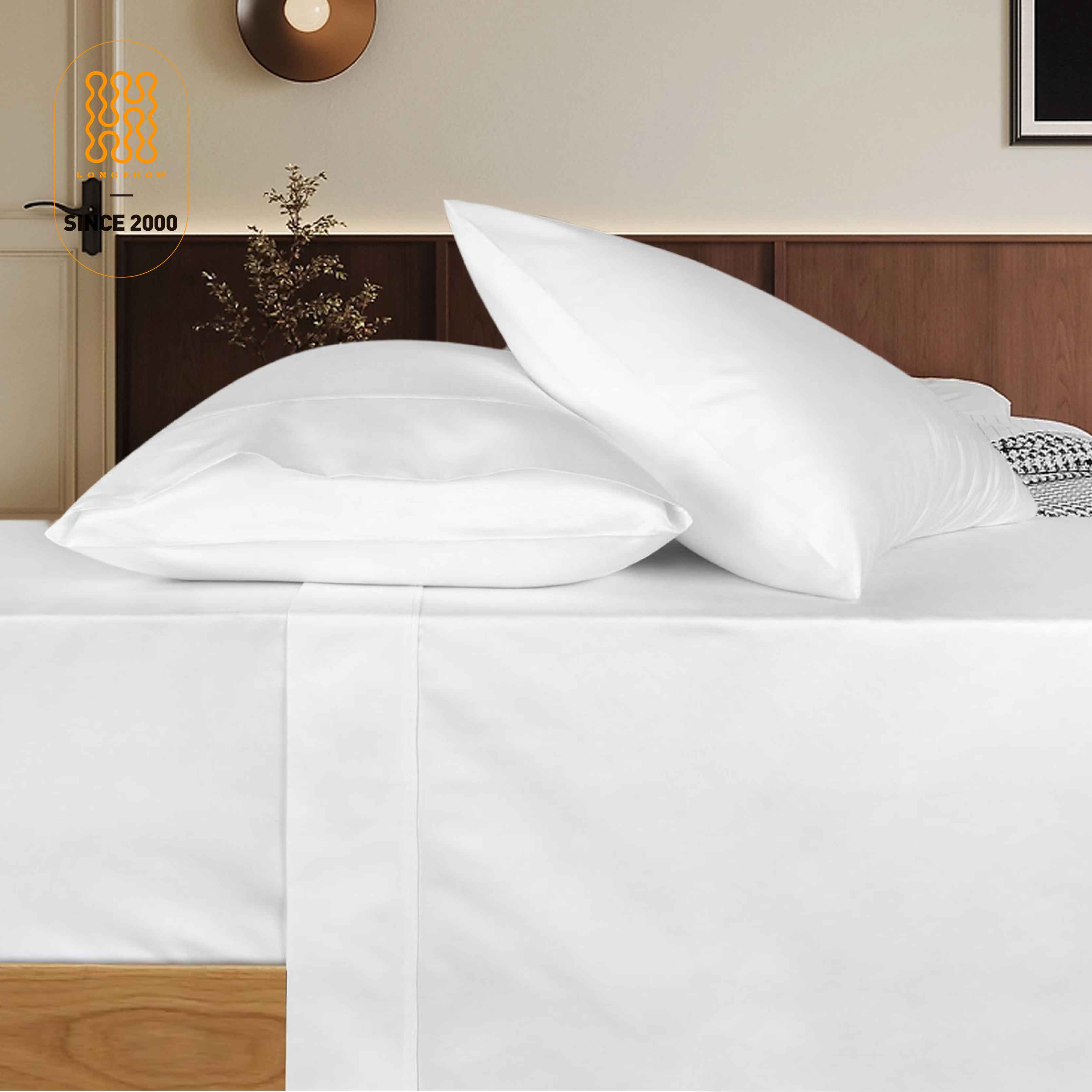 How to Cut Linen Maintenance Costs by 30% with Proper Polycotton IroningFor hotels, motels, clinics, nursing homes, and large-scale laundry operations, maintaining crisp, p
How to Cut Linen Maintenance Costs by 30% with Proper Polycotton IroningFor hotels, motels, clinics, nursing homes, and large-scale laundry operations, maintaining crisp, p 08 / 11 / 2025
08 / 11 / 2025 -
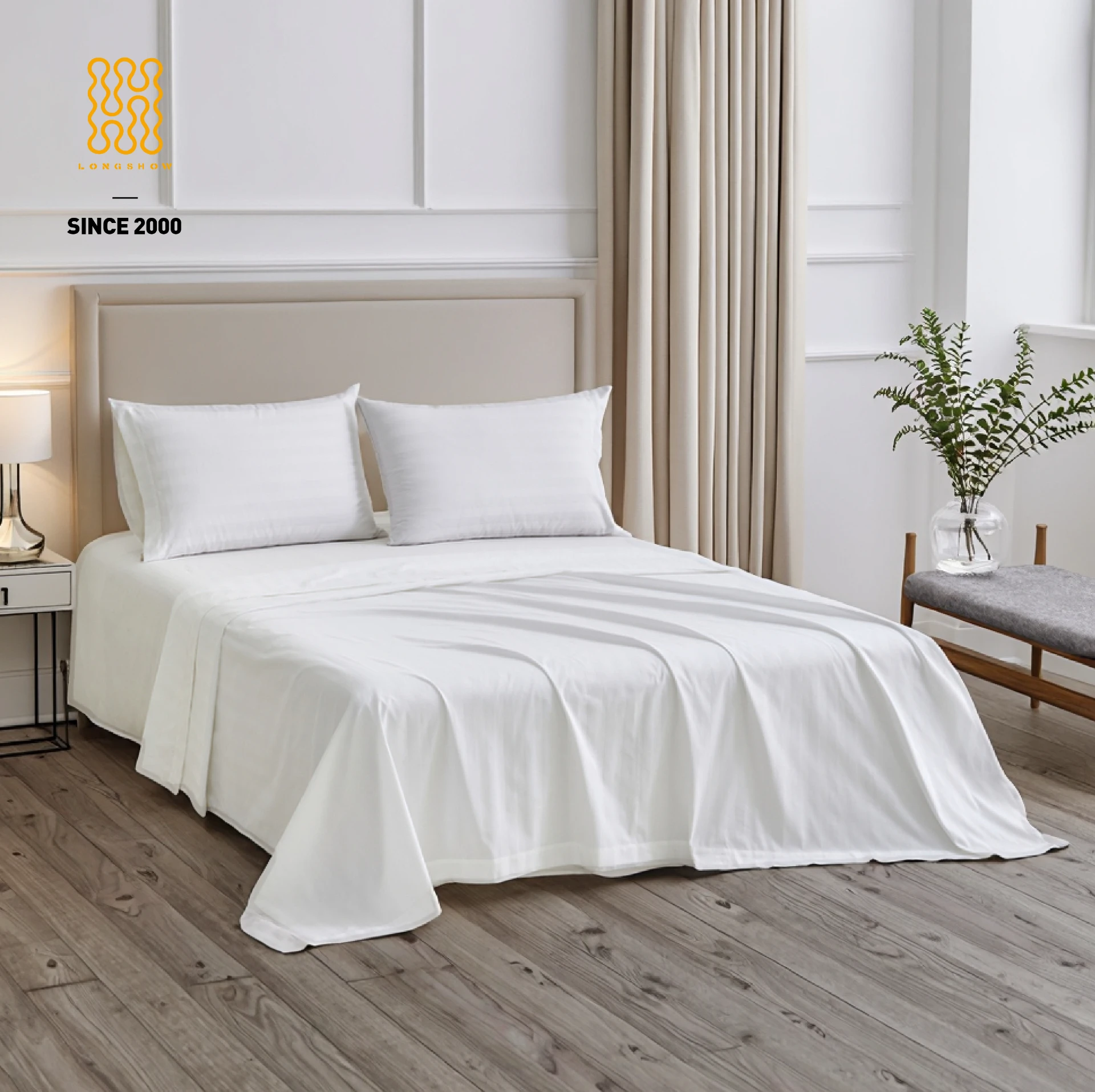 Elevating Comfort and Quality with the Right Bed LinenThe quality of bed linen plays an essential role in creating a comfortable and inviting space, whether in a hotel room or in the comfort of your own home.
Elevating Comfort and Quality with the Right Bed LinenThe quality of bed linen plays an essential role in creating a comfortable and inviting space, whether in a hotel room or in the comfort of your own home. 07 / 07 / 2025
07 / 07 / 2025






